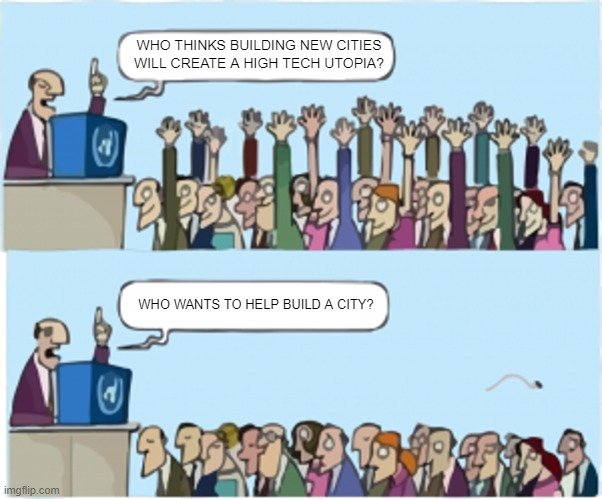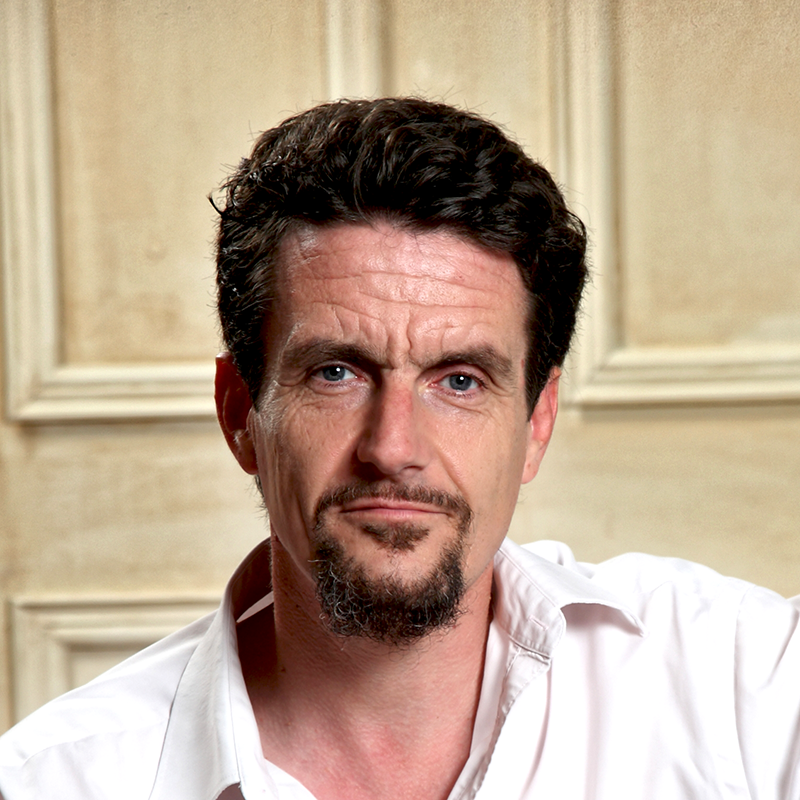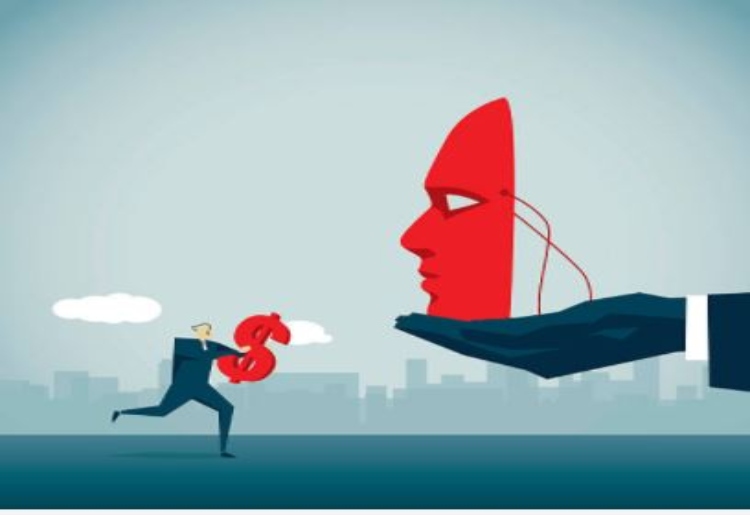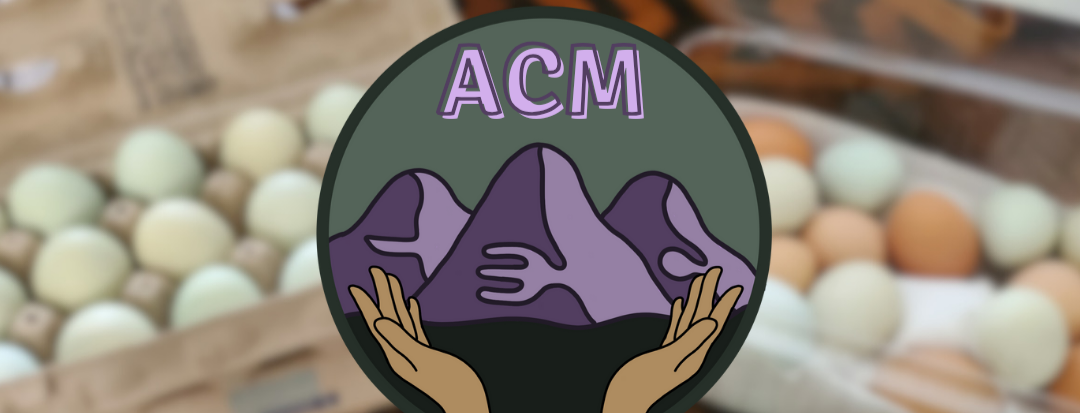Author Colin Turner, Founder of Sharebay.org
February 7, 2023
One of my all-time favourite sayings is Rumi’s: “As you start to walk on the way, the way appears.” Not least because I had independently discovered this wisdom before I heard the quote, but also because it is undeniably true. If its meaning is not obvious to you, it means that we learn how to do something faster by trying than we do thinking about trying.
This is one of the linchpins of science,too: form a hypothesis then test it through experiment. As your experiment progresses you can then prove/disprove/improve your hypothesis accordingly. Trial and error is our best teacher.
Like many reading this text, I was for years wonderstruck with the idea of a post-money world. The problems it would solve; the benefits and freedom it would bring to our lives. The unleashing of our best technology for the public good. The towering green cities; the super-efficient, clean transport. Who among us wasn’t mesmerized by the bold designs of Jacque Fresco and Bucky Fuller – visionaries seemingly light years ahead of their time?
But that was then. And we’re not in 2012 any more.
So what happened since 2012? Well, not much actually. True, some of us created some interesting spin-off projects, but most followers of the idea got disillusioned, left the movement, or just engaged less and less, until today we see the likes of The Zeitgeist Movement, once a formidable movement of some 500,000 members pushing for a resource-based economy, now just a shell of its former self.
And the problem, I think, is simple: ideas not realised go sour. When you want something really bad but fate seems to conspire to deny you of it, apathy – and even bitterness – creep in. I think, if we’re honest, most members of TZM expected we’d be much closer to our original shared vision before now. But we’re not. And this is where Rumi comes in.
I think we spent too much energy talking about the future, and not enough walking it. I guess we didn’t know how to ‘walk on the way’. But I also think too many of us were hypnotised by the all-or-nothing credo of ‘create the optimal environment and you’ll get the desired behaviour’, yet no-one seemed to know how to create that environment, or, if they did, it was just too gargantuan a task to contemplate.

Yes, we know environment is the best predictor of behaviour. But how many of us asked, so what shapes environment?
And the answer of course is us. Our behaviour shapes the environment. Because, beyond random natural events, nothing else does.
I see our creation of this optimal social environment as a two-step ‘walking’ process. ie. We make a tiny change, the environment improves infinitesimally, inspiring a further tiny change in behaviour, which improves the environment slightly more, and so on and so on. With enough iterations of this loop, and enough people participating, we are soon on our way to manifesting that environment exponentially. The walk soon becomes a run.
But what do these early microscopic changes look like?
To answer that, we need to look again at the imagined final product and ask: what is the fundamental behavioural dynamic of the society we envision? What is the quintessential thing that people do in that society that we’re not doing today? And the answer to that is sharing.
And by sharing, I mean sharing physical resources and freely collaborating. Or, to put it inversely: ownership, trading, hoarding, wars, poverty and scarcity are all direct functions of human beings not sharing things with each other. Therefore the fundamental essence of a resource-based, moneyless, open access economy is a sharing mindset.
And this is something we can all start doing today.
By sharing large or small goods or services, we are altering the methodological landscape from one set of behaviour towards another which underpins the kind of society we want to manifest.
We know that high tech creates abundance, but thus far it has failed miserably to encourage people to share. In fact, we are more isolated, unequal and working longer hours than ever before. So rather than freeing us, our tech has just been applied to our existing capitalistic mindset and manacled us more.
But can sharing small things today actually make a difference?
I believe the size or value of what we share initially is not that important; it’s the act itself that’s important. Every time we share something, we are making sharing a more ‘normal’ way to behave.
Let me propose a simple example to demonstrate the point. (And, like every good economics 101, let’s start with apples.)

Imagine you have an apple tree in your garden, and there’s more than enough apples, so you decide to share some with your neighbours. Good news for your neighbours, but will that change the world? Hardly.
But what if that activity became the norm? What if other people on the street started sharing their apples too? What if it spread to the whole town, city, or beyond? What if sharing apples became the ‘new way’ to get apples instead of buying them? Pretty soon the apple companies would find themselves out of business while their customers enjoyed free apples instead.
Now expand that idea to other fruit, to vegetables, to community tool sheds, manual labour, education and technical skills, clothing, furniture, community builds, medical care, transportation, property. The only thing preventing that happening now is the confidence that it works – something we can only build by starting small and growing.
I get that sharing apples is probably not how you imagined an RBE would manifest, but when you understand that every society is based upon its mode of economy – as evidenced by our society today based on trade and ownership – it becomes apparent that any economic mode based on sharing goods and services is prerequisite for an open, sharing society.
A world of free things makes no sense if we aren’t willing to give freely ourselves.
Colin Turner, founder of Sharebay.org
Of course, the sharing of apples is merely a metaphor for goods and services of any kind. The point is, this is something that we can all do now. Most of us in the West have plenty of things we could gift or loan someone else, or possess useful skills and talents that someone else would be glad of.
And if all that feels like a huge uphill struggle to get to a moneyless society, then you’re right. It is a helluva long road, because we came so far the wrong way. But honestly, as someone who’s been immersed in the post-money conversation for more than 12 years, I don’t see another way. Tech gets serially commoditized; intentional communities burn out or lose their way; co-ops become indistinguishable from regular businesses; charitable enterprises constantly struggle; politically-led socialist societies are always disastrous.
We have to look to ourselves and begin to change how we personally operate. A world of free things makes no sense if we aren’t willing to give freely ourselves. If we want a moneyless society, then we need to act like it
Good news, we’re not alone!
You might have noticed a marked rise in free sharing groups online on Facebook, Whatsapp or Telegram in the last ten years. BuyNothing reports having at least 7000 Facebook groups worldwide, some of which have over 10,000 members. It’s difficult to say with Whatsapp or Telegram as their groups tend to be invisible to outsiders, but anecdotally I’ve heard stories from friends in many locations that these spaces are expanding and highly active.
Additionally, there are purpose-built apps like Sharebay, Freecycle, TrashNothing, Kindista, OLIO which are seeking to make sharing as easy and rewarding as possible. Put together, these apps have well over twenty million members. I daresay if you added the Whatsapp, Facebook and Telegram groups, that number would be touching on 100 million.
And here’s the thing: these apps are not used by extreme or highly politicized people who want to change the world; these are mostly just regular people trying to help someone else out. And, at the end of the day, that’s what we want too. So whether they know it or not, they’re already building the kind of world we want to see. So let’s jump in and help?
If you’re serious about creating a moneyless society, try this challenge: Join a sharing network of your choice and try giving just once or twice to see how you get on. How does it make you feel? Does it make you want to do more? Does it make you uncomfortable? Did it feel infectious? Did you inspire others to do the same? Do you think it’s possible for all humankind to adopt a sharing mindset?
Amazingly, I do. But I also see a long journey ahead. And, like any journey, it starts with a single step. Will you walk it with me?



